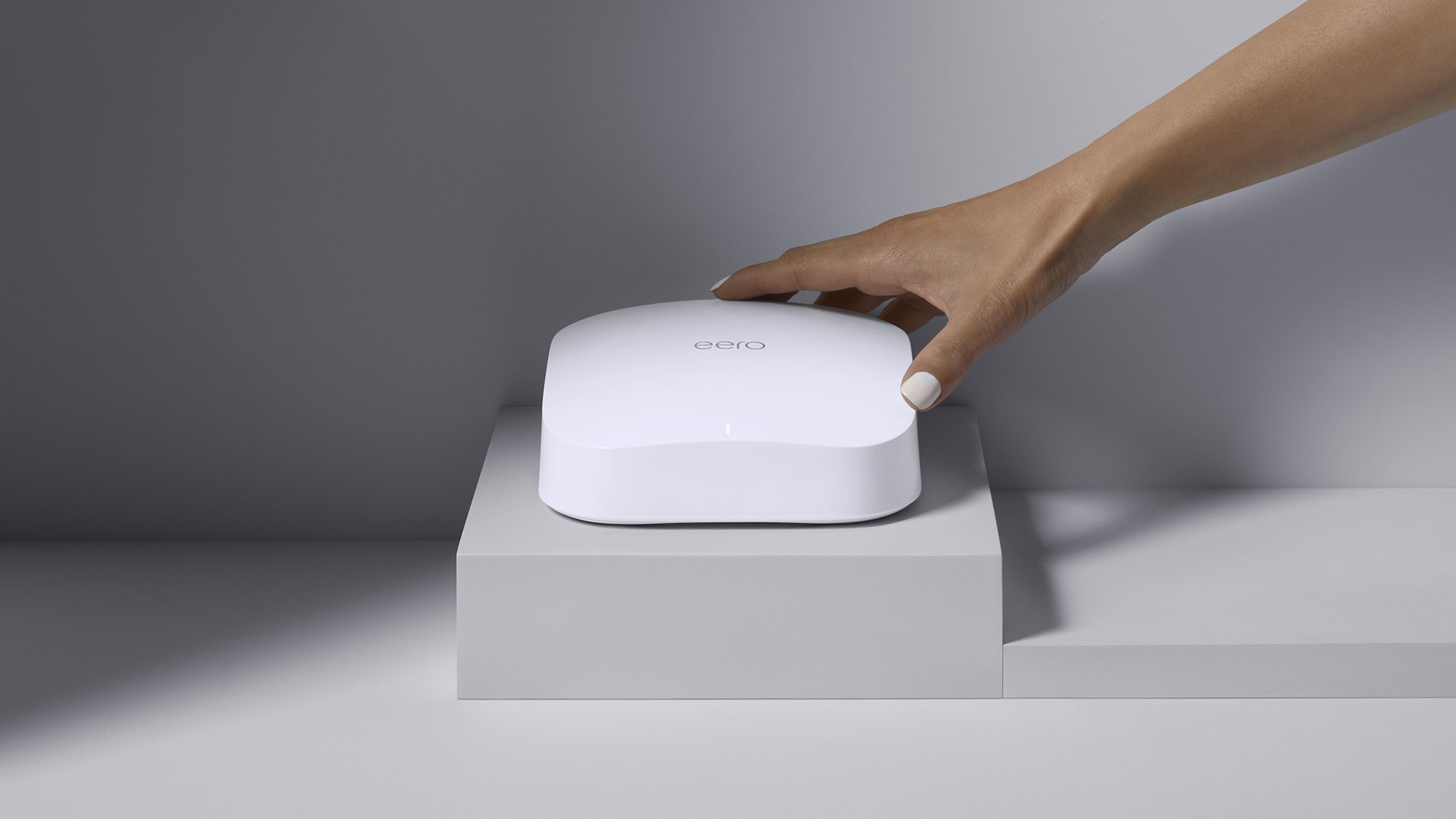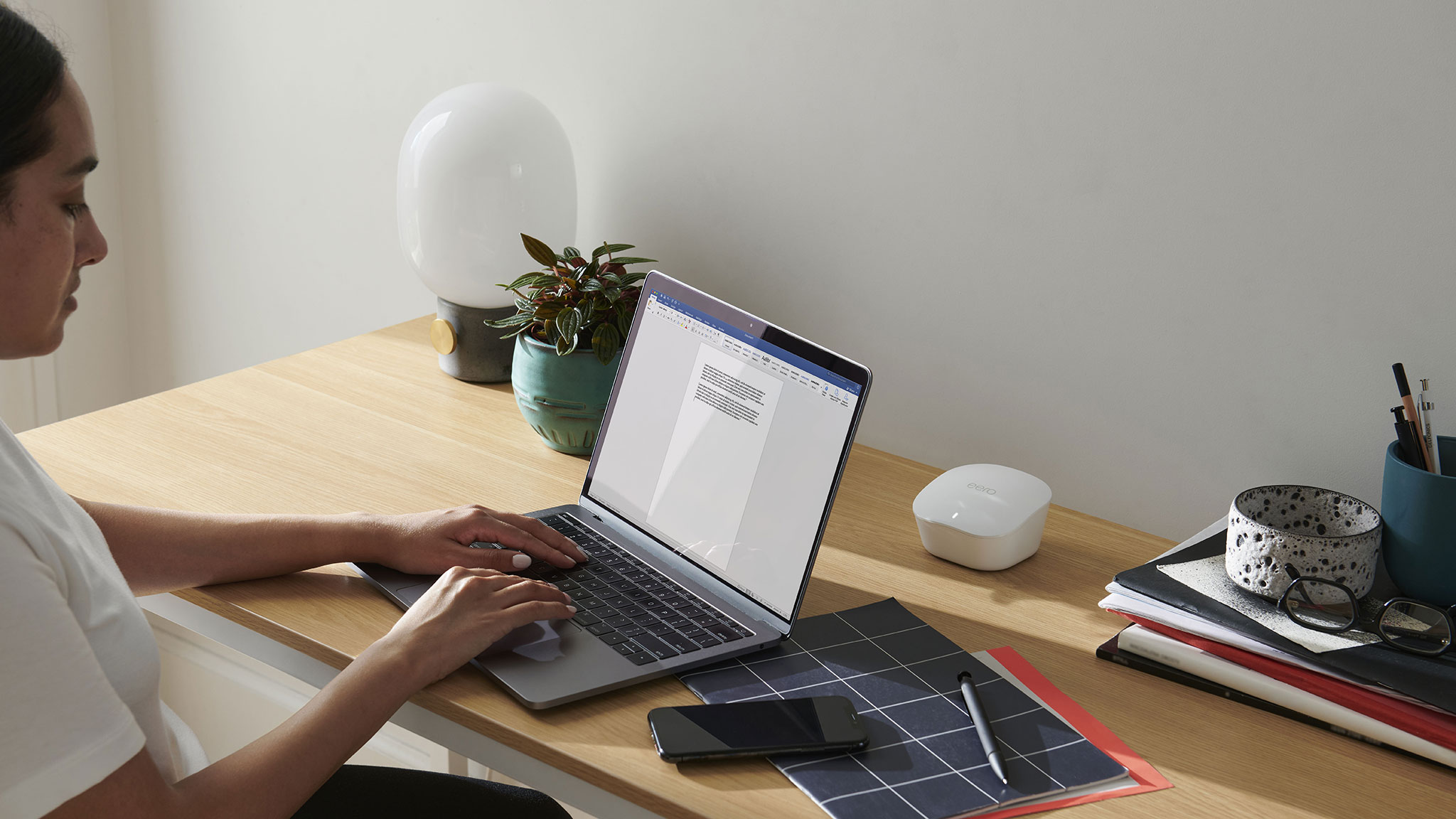Reality check: Is your router fast enough for your broadband connection?

How old is your router? Has it lived in one place in your home, slowly gathering dust since it was first installed when your family fought to keep the internet connected when someone needed to make a phone call? If that’s the case, then definitely think about upgrading that router. For everyone else, the question is not going to be as simple to answer.
Our routers can do a lot, and it’s kind of amazing that they’ve adapted to the new demands we place on them as we make more video calls, stream 4K movies, and connect ever more devices to our home network. While some old routers might truly struggle under the weight, many routers might be getting blamed for a fault that lies elsewhere.
Taking a quick look around the web for internet service, you’ll likely find providers offering anywhere from 15Mbps to 150Mbps, or if you’re lucky, you might even see some offering up to 1,000Mbps (or “Gigabit” internet). To put this in perspective, a 150Mbps connection is no slouch, and could readily hold up in a household where multiple users are often streaming HD content and gaming.
Now, if 150Mbps is good, what kind of router do you need to ensure you’re making the most of that broadband connection? In fact, a fairly modest and dated router can handle it just fine.
Wi-Fi 4 (also known as 802.11n), has been around for over a decade. Even then, it can deliver a connection speed of up to 150Mbps on its 5GHz band. Depending on the specific router, it might even be able to deliver multiple streams to give that kind of speed to multiple devices. If your router and a connected device both support multiple streams, you could even have one device get up to 450Mbps.
- Set up a virtual router to share your VPN connections with other devices

Is that the end of the story? A ten-year-old router can easily take full advantage of even a respectable internet connection? While that’s true, it’s not the full picture.
For one thing, some people will have even faster internet connections thanks to fiber and Gigabit services. And, the speeds Wi-Fi 4 can achieve are theoretical maximums in ideal conditions – you’re unlikely to ever get that kind of performance in the real world.
So, there are still some strong cases for upgrading your Wi-Fi router.

An old router might be able to support theoretical speeds that can max out your broadband connection, but it can fail to offer a strong enough connection to deliver those speeds in reality. Upgrading to a more powerful router or a mesh solution like the Eero Pro 6 can help deliver a stronger signal to your devices, which in turn can let them tap into faster speeds.
If you have many devices in your home connecting to an old router, it also may be slow to respond to the requests of each device. That means that even though it has the bandwidth, it can leave your devices waiting. Here you could benefit from a newer router with multiple bands (dual-band or tri-band), support for more data streams (You’ll see this written out like 2x2, 3x3, and 4x4), and a faster processor.
Finally, if you have Gigabit internet but are using an old router, it may be time for an upgrade. Many Wi-Fi 5 (802.11ac) routers can do the job, though it can depend again on the devices connecting. A single device supporting a single data stream will max out at 433Mbps, but that’s not a worry if you need to support several devices at the same time or have a device that supports multiple streams, thereby using up that Gigabit bandwidth.

Wi-Fi 6, the latest standard, can take it all even farther. With a potential speed of 1,200Mbps on a single data stream (or even 4,800Mbps on a 4x4 connection), you could make full use of your Gigabit internet on a single device.
To boil it down, double check what speeds your internet service provider is supposed to deliver. If it’s in the 150-300Mbps ballpark, even an old Wi-Fi 4 (802.11n router) can meet your bandwidth needs, but an upgrade could provide better coverage and a more consistent signal. If you’ve got faster internet, say Gigabit speeds, a Wi-Fi 5 (802.11ac) router can handle it for multiple devices. Or, a Wi-Fi 6 router can let individual devices take full advantage of the internet connection.
Get instant access to breaking news, the hottest reviews, great deals and helpful tips.
